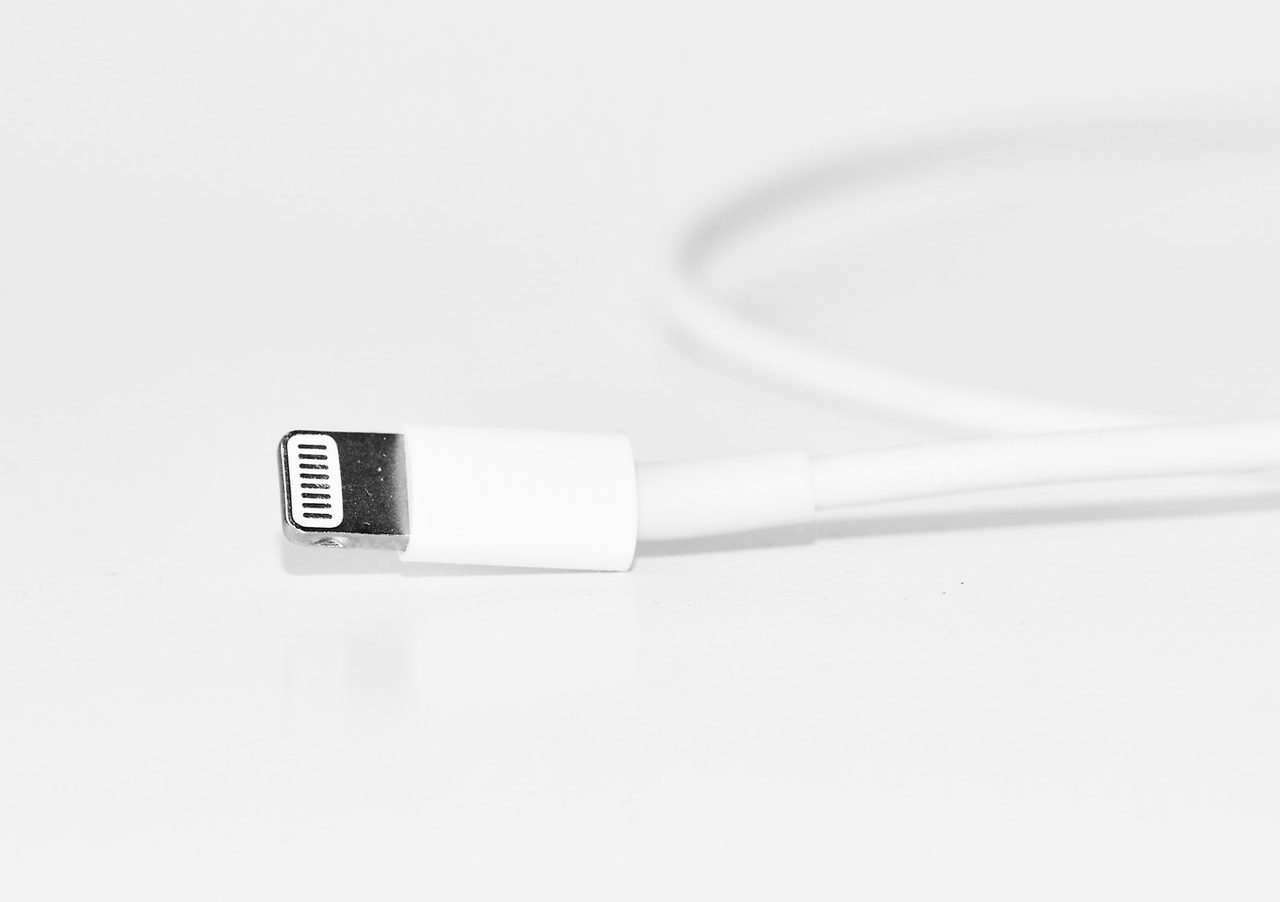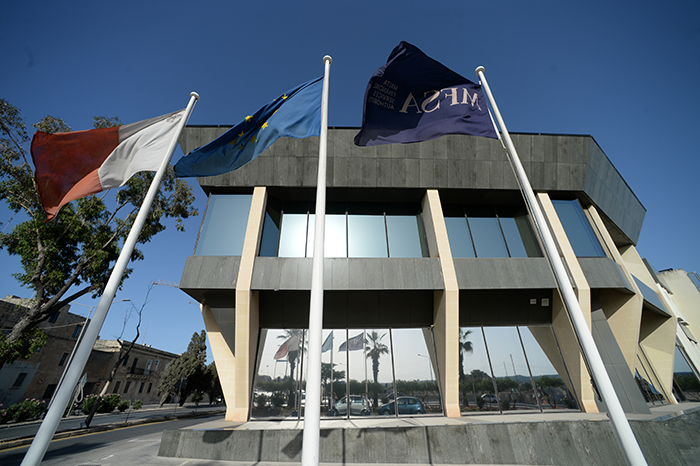The European Union has finalised an agreement that will force electronics manufacturers to use a standard charger in a bid to reduce expenses and unnecessary electronic waste.
The standard adopted is the USB-C port, ubiquitous in Android devices.
The deal’s main victim will be Apple’s iPhone, which uses a proprietary system known as the ‘lightning’ port. The company’s iPad and MacBook product lines also use the lightning port, but recent versions have also had a USB-C port included.
Maltese MEP Alex Agius Saliba was the rapporteur for the deal. Following its adoption, he took to Twitter to celebrate: “Today we have made the common charger a reality in Europe.”
We did it! 1 #commoncharger for #laptops, #tablets, #Smartphones and a long list of other devices + a standard for wireless common charging within 24months. Thanks @EUCouncil & @EU_Commission @ThierryBreton for reaching out an ambitious comp for our #environment & #consumers pic.twitter.com/TSBfDVggJ9
— Alex Agius Saliba (@alexagiussaliba) June 7, 2022
“European consumers were long frustrated with multiple chargers piling up with every new device. Now they will be able to use a single charger for all their portable electronics,” he said during a press conference following the meeting.
The new rules are due to come in force in autumn 2024 for all smartphones sold in the EU.
“All small and medium-sized portable electronic devices” fall under the rules. Apart from mobile phones, these include tablets, cameras, keyboards, speakers, headphones, headsets and earbuds. Laptops will have to be adapted to fit the requirements 40 months after they come into force.
The decision is yet to be approved by the European Parliament and European Council, but is expected to be a formality.
Thierry Breton, European Commissioner for the Single Market, said the deal is “in the best interest of European consumers, businesses and the environment,” with more than 1,000 tonnes of electronic waste and €250 million in consumer expenses expected to be saved every year.
Trust, talent and transformation: The Malta Institute of Accountants’ vision for growth
CEO Maria Cauchi Delia believes accountants are ‘the bedrock of trust in Malta’s economy’
MFSA to ‘step up’ supervision of AI in financial services
Regulatory strategy is no longer just a compliance function
Teva Malta defends pay offer as GWU orders industrial action at Bulebel plant
The union said the decision to commence industrial action 'was not taken lightly,' but followed months of unsuccessful negotiations






